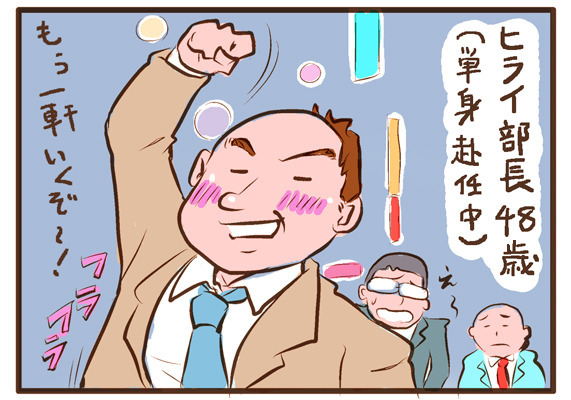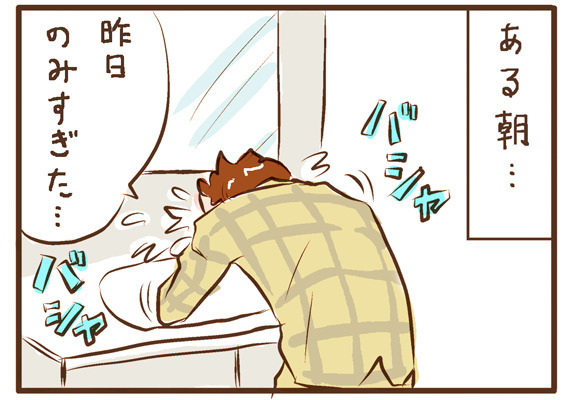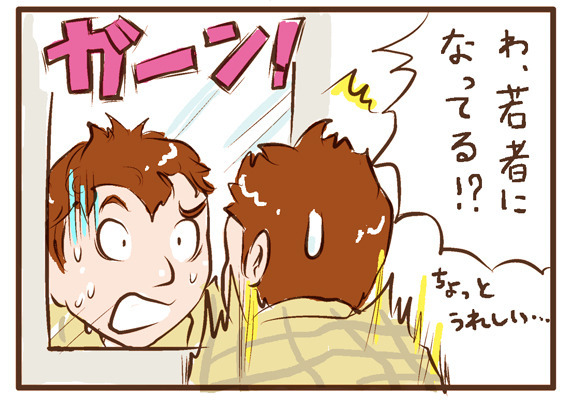Note: This website was automatically translated, so some terms or nuances may not be completely accurate.
【Manga】Episode 0: "One Day, Suddenly, Youth!?" ~Understanding the Youth Mindset~
Newsletter registration is here
We select and publish important news every day
For inquiries about this article
Back Numbers
Author

Masahide Yoshida
Dentsu Inc.
Dentsu Inc. Business Design Square
Concept Designer
After graduating from university and working at a previous company, I joined Dentsu Inc. After roles as a strategic planner and in sales, I now belong to Dentsu Business Design Square, which revitalizes overall management with ideas, implementing joint projects with various companies. I also concurrently serve on the "Dentsu Youth Research Department" (Dentsu Wakamon) project targeting teens and young adults, engaging in consumer psychology and trend analysis, and developing consulting/communication plans based on these insights. Winner of the 2009 JAAA Advertising Essay Contest, Newcomer Division. Solo-authored works include 'Antenna Power' (Mikasa Shobo, 2019). Co-authored works include 'The Youth Exodus' (MDN Corporation, 2016) and 'Why Do You All Start Talking About the Same Things When It Comes to Job Hunting?' (Sendenkaigi, 2014). PARC CERTIFIED FIELDWORKER (Certified Ethnographer).

Yosuke Kojima
Dentsu Inc.
4th CR Planning Bureau
Art Director, Manga Artist. Works extensively across graphic advertising (posters, etc.), packaging design, character design, and commercializing caricatures. Debuted as a manga artist in R25. Currently serializing manga for DENTSU SOKEN INC.'s "Mama Lab" in magazines, free papers, and online. As a Wakamon member, handles logo design, report illustrations, and manga serialization in Web Dentsu Tsūhō.









